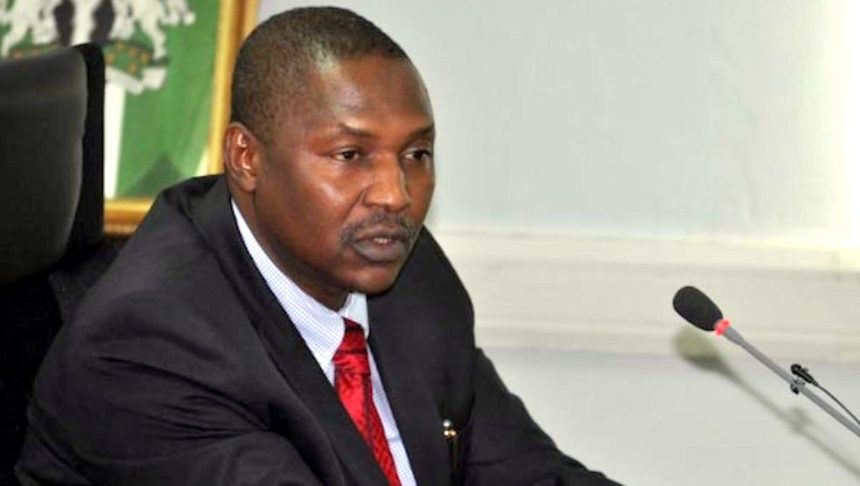There are no products in your shopping cart.
| 0 Items | £0.00 |


NIGERIA'S federal government has appeared before a British high court to decide certain procedural issues relating to the ongoing challenge against the enforcement of a $10bn arbitration award obtained by Process and Industrial Developments (P&ID).
In January 2017, claiming it lost money due to the actions of the federal government, Process and Industrial Developments initiated moves to recover a judgment debt of $6.6bn in damages plus $2.3bn in uncollected interest from the Nigerian government. This is calculated at $1.2m a day and according to a lead judgment by the London Arbitration Tribunal led by Lord Hoffmann, Nigeria has a case to answer.
According to the UK Tribunal ruling, the agreement was executed on January 11, 2010, by Process and Industrial Development and Nigeria's ministry of petroleum resources for and on behalf of the Federal Government of Nigeria to refine associated natural gas, also known as wet gas, into non-associated natural gas to be used in powering Nigeria's national electric grid. Under the agreement, the Process and Industrial Development project would have generated 3,000 megawatts of electricity for Nigeria.
However, the Nigerian government successfully appealed the judgement last year. Delivering his judgement in favour of Nigeria on September 3 2020, Justice Ross Cranston, a judge of the Business and Property Courts of England and Wales, granted Nigeria’s application for an extension of time and relief from sanctions.
Last week, the case returned to court and a fraud trial will now follow and a timetable will be fixed over the coming weeks. Nigeria is claiming that P&ID used a sophisticated web of bribery and a tissue of lies to secure the original deal despite being grossly under-qualified with no technical capabilities, few employees and no real intention of carrying out the project.
P&ID stands by its ability to perform its part of the deal and is downplaying the relevance of such credentials. However, P&ID’s precise ownership structure is unclear as it is 75% owned by Cayman-based Lismore Capital and little is known about this majority shareholder, other than the fact that it is owned by the lawyer, Seamus Andrew , who represented it in the arbitration.
Mr Andrew recently took early retirement at age 53, according to his firm SCA Ontier, however, the remaining 25% of P&ID was initially purchased by vulture fund VR Advisory. It has only recently emerged that this stake has been transferred to another opaque entity known as Process Holdings, which is a wholly owned subsidiary within VR Capital’s corporate web.
The exact relationship between P&ID and VR Advisory remains unclear. P&ID’s only remaining asset today appears to be the arbitration award.
A spokesperson for Nigeria's attorney general Abubakar Malami said: “The is another important step forward in the federal government's s fight to overturn the injustice of the $10bn arbitral award. The federal government is building its case based on the facts and material evidence.
"P&ID’s pattern of obstructive behaviour, including the burning of files and its attempts to limit disclosure continues to delay our investigations across multiple jurisdictions. We continue to work with our external advisors and to date have recovered approximately 12m documents, which will be reviewed in accordance with our legal obligations.
“The award, if enforced, will have a devastating impact on Nigeria’s public finances, at a time when economic recovery following the events of 2020 remains a key priority. It will also set a dangerous precedent, where corrupt actors can exploit both developing nations and the international courts to get away with fraud."
He added that Nigeria intends to robustly defend the fraudulent claim by P&ID and protect the interest of the nation. According to the government, efforts to reverse the award are part of Nigeria’s broader anti-corruption crackdown.